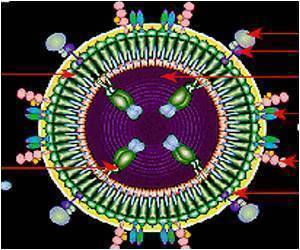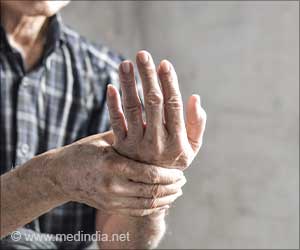
Unfortunately, some of the antibodies typically anchor themselves to the gold plate "hook"-side-down, rendering them useless as bio-receptors and dampening the sensor's sensitivity.In a paper recently published in the open-access journal Biomedical Optics Express, the team of scientists irradiated antibodies with ultra-short pulses of ultraviolet (UV) light. The UV light is absorbed by the amino acid tryptophan, which breaks the disulfide bridges holding parts of the antibody together and causes a particular part of the amino acid cysteine, called a thiol group, to become exposed at the tail end of the antibody. Because thiol groups are more strongly attracted to the gold electrodes than other parts of the antibody, the bottom sides of these irradiated antibodies become much more likely to adhere to the gold electrodes than the "hook" ends. Using this method, the researchers were able to more than double the sensitivity of the QCM device, opening up new possibilities for research using this type of sensor, the researchers say.
Source-Eurekalert











